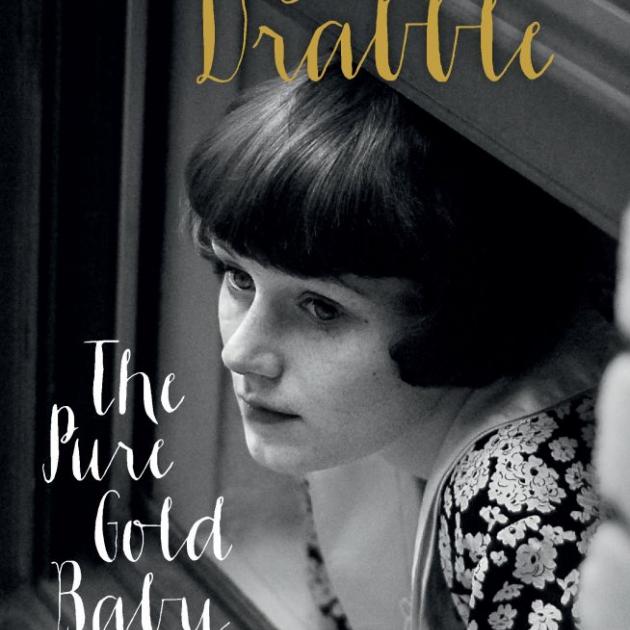
Famous for her books painting a picture of independent (and mostly young) women living and loving in the heady days of social change during the 1960s and early '70s, in this book she frequently looks back to those times from the perspective of a woman in her 70s facing the ravages of age, the undoing of dreams and the inevitability of death. In a recent interview, when asked what she would say is the function of a novel, she replied ''to extend one's knowledge of the world. To explore new territory. And to illumine what one sees in it''.
In The Pure Gold Baby, she meets these criteria well. She roams around several subjects - comparing what was with what is now, making judgements, recalling events. The narrator tells someone else's story and is barely mentioned by name, but I would guess her to be a thinly disguised version of Drabble.
Although she touches on many topics, her main theme, her ''new territory'', is how society copes with and cares for those unable to care for themselves. To do this, her narrator tells the story of a friend named Jess, from the time of their meeting as young bohemian intelligentsia in the '60s, to their present life and its challenges. Jess has trained as an anthropologist but takes part in only one expedition before becoming pregnant to a casual sexual partner. Anna, the resulting baby, is a special child, a sunny-natured innocent who lives ''in a dream ... a charmed world without progress, without a goal, without an aim''.
Although Jess does have dreams and goals, especially of revisiting Africa, from the time of her birth, Anna's well-being becomes her main focus. ''Her concern for Anna was a constant ache. Anna was the apple of her eye and the thorn in her heart.''
And because Jess is intelligent, articulate and independent, she investigates all the opportunities available to carer and cared for and we as readers go with her as she experiences both the good and the bad.
Gold is used as a metaphor for goodness. Anna, in her innocence and lack of guile is a pure gold baby. Jess, too, is described as pure gold, because she told no lies and ''did not falter''.
As the mother of a child who will never read or write, has clumsy physical co-ordination and will always need a supervisor, Jess delves into the options available to others in the same position. Her search takes her not only into the care available to those whose needs are similar to Anna's, but to all aspects of mental health provision. Throughout her investigations, she discovers carers who have that trace of gold in their dealings with their charges. She also finds, in the words of Susie, a district nurse, ''hopeless fools and mean-spirited bastards''.
Drabble uses Jess' search to comment on historical methods of dealing with children and adults with mental disabilities, from the terminology used, to the constantly changing means of accommodation. Anomalies are explored, such as modern medical knowledge which can determine a foetus with Down's syndrome, and provide abortions if needed, but is also responsible for keeping alive ''premature babies that are not really viable'' and the severe consequences which can sometimes follow.
Although the book has depressing moments, it is not a catalogue of woe.
I was an admirer of Drabble's earlier books, didn't enjoy some of her later ones, but was absorbed by this one. This is Drabble in a contemplative mood, and even her throwaway lines kept me stopping to admire the apparent ease with which they were conceived. It's clever, sometimes humorous, sometimes depressing, but always thought-provoking.
- Patricia Thwaites is a retired Dunedin schoolteacher.


